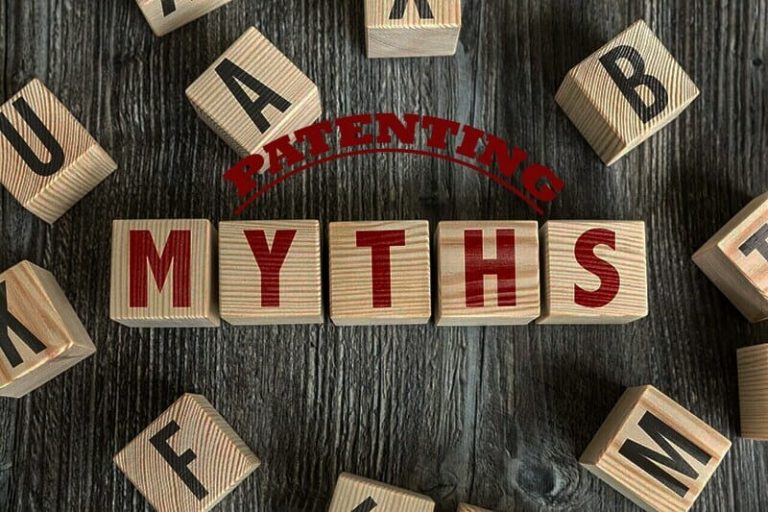So what are the main Shark Tank risks for inventors and entrepreneurs?
The first is obvious. Anyone watching the show could patent your idea when you demonstrate, or start to make it before you’ve filed a patent application. Without any monopoly patent, design and trademark rights which have been well drafted and lodged correctly it’s as if you’re driving a car uninsured. In most cases, you cannot go back and re-lodge it later if someone has already copied it, or protect can be more limited.
Inventors should always seek the advice of a patent attorney or patent lawyer, before attending a Shark Tank show.
Little, or no protection with intellectual property is risky.
The second main issue is to de-risk the prospect of infringement, in case the idea has already been patented. Your public exposure of the concept could lead to litigation if a patent or trademark is already held for the concept, or a close concept.
And what about brands?
Trademark infringement or ownership problems could also be an issue for the brand name of the product. This should be checked by a registered trademark attorney or trademark lawyer before going public at a Shark Tank show.
Protection of brands, logos, slogans and company names is a must.
Shark Tank judges
The judges at Shark Tank almost always want to hear that intellectual property has been registered. Otherwise they investment would be futile when they (or anyone else) can copy the idea themselves.
Having intellectual property registered combined with a great idea provides optimal chances that a judge will invest in your idea.
Take a look at the many entrepreneurs who have succeeded with Shark Tank.
Here is one of the biggest Shark Tank deals.
A warning about D.I.Y. Intellectual Property
Patent and Trademark Attorneys spend years, if not decades studying the Patent Act and Trademark Act, and court cases. Unfortunately we have observed a substantial increase in D.I.Y. applications in the last decade particularly.
Most of these, provide little or no protection and would not allow for a reasonable case if there was a conflict and the matter went to Court.
Where is the biggest flaw in D.I.Y.?
D.I.Y patents and trademarks usually have many enforcement flaws. The Patent Office does not evaluate that the patent application or trademark application has been done correctly to protect the applicant.
Re-filing is usually not an option because of prior disclosure laws in the Patent and Designs Act. Always seek the advice of a patent attorney to get advice on your unique set of circumstances.
Disclaimer
Always speak to your patent and trademark attorney regarding your unique set of circumstances.
Contact us today with a message, or book a meeting with a Patent Attorney.
Intellectual property advice can differ substantially from case to case, so speak to your Patent and Trademark Lawyer today.





